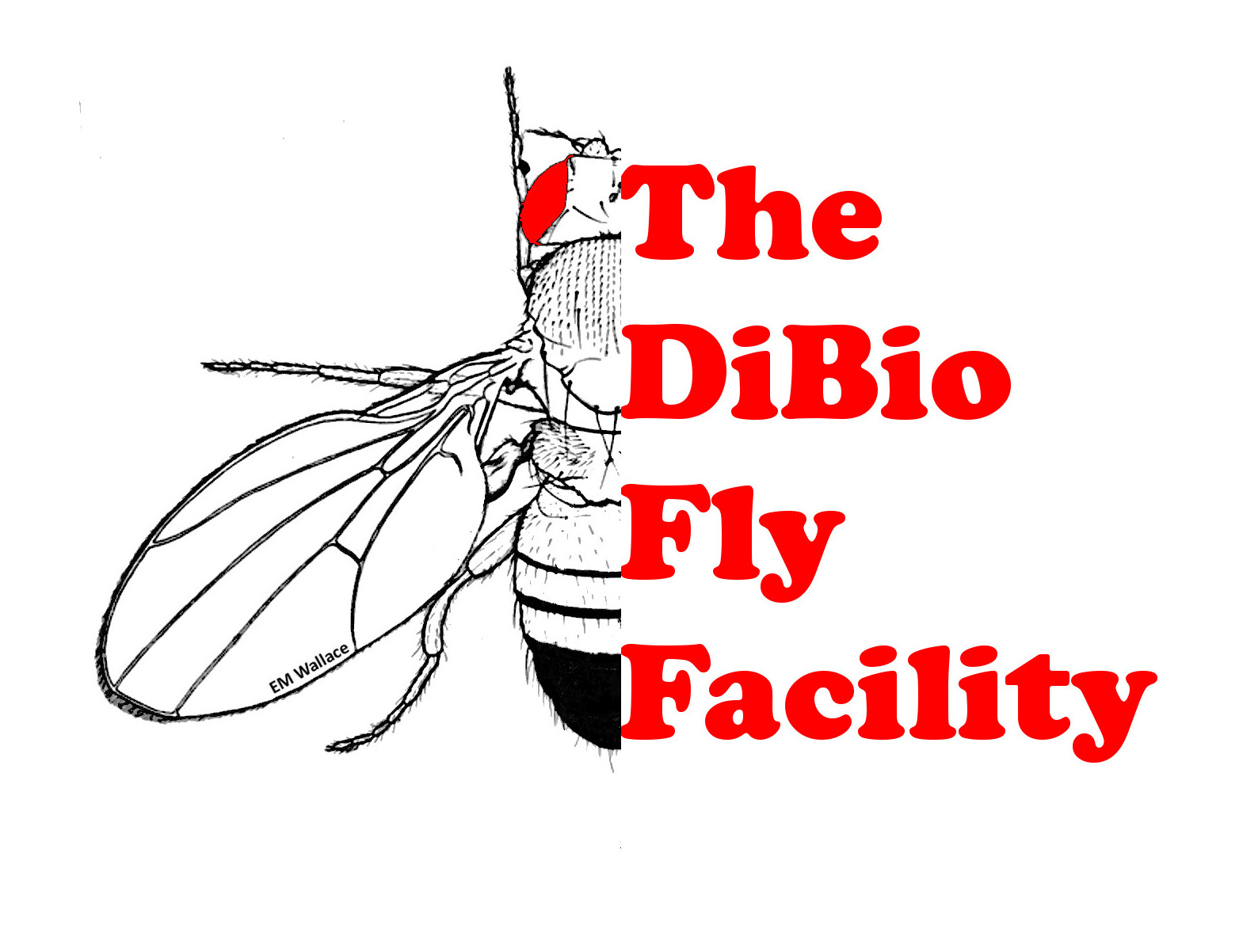The Department of Biology (DiBio, University of Padova) Fly Facility has the aim of promoting the use of Drosophila melanogaster as a model organism in research and teaching. The advantages offered by this organism are numerous, among which the possibility of maintaining large numbers of stocks at a low cost, the generally high fertility (200 eggs/female/day), the short generation time (the egg-to-adult cycle lasts about 12 days at 25o C). Drosophila has been, and often is still the organism of choice for research in biology and biomedicine, mainly for the following reasons: (i) The virtually non-redundant Drosophila genome facilitates functional studies of genes of interest; (ii) Approximately 75% of human disease-related genes possess a Drosophila homologue; (iii) From the evolutionary point of view, basic biological processes are conserved, not only at the cellular, but also at the systems level, including the general structure and functions of the central nervous system; (iv) Many molecular/genetic tools have been developed, allowing the manipulation of the spatial/temporal expression of specific transgenes, the knock-down of specific gene products (via RNAi) or the deletion/mutation of single target genes (by means of CRISPR/Cas9 technology); (v) A number of stock collections are available at stock centers such as the Bloomington Drosophila Stock Center (BDSC), the Harvard Medical School Exelixis Collection, and the Janelia Research Campus collection, each hosting a large number of transgenic and/or mutant Drosophila lines; (vi) Furthermore, “kits” of lines with which to perform RNAi, based on the UAS/GAL4 binary system, are available, for example, at the Vienna Drosophila RNAi center (VDRC), the NIG-FLY (National Institutes of Genetics, Japan) and the Harvard Medical School TRiP (Transgenic RNAi project).
